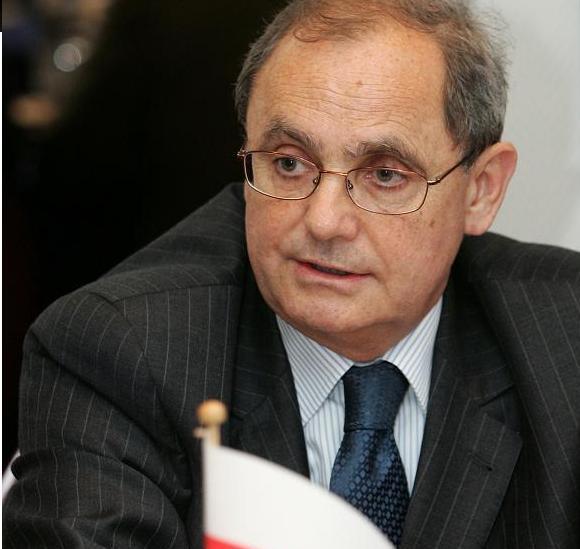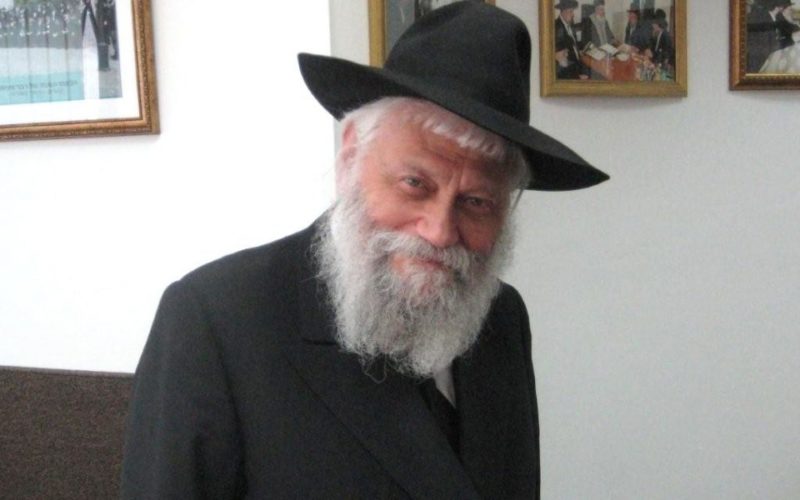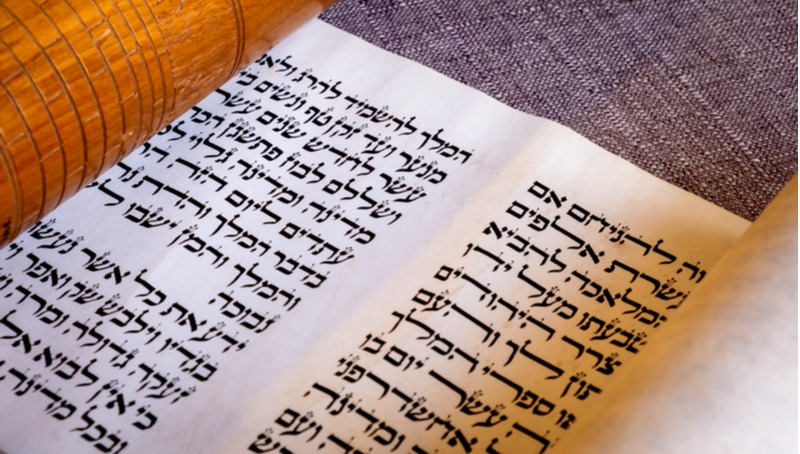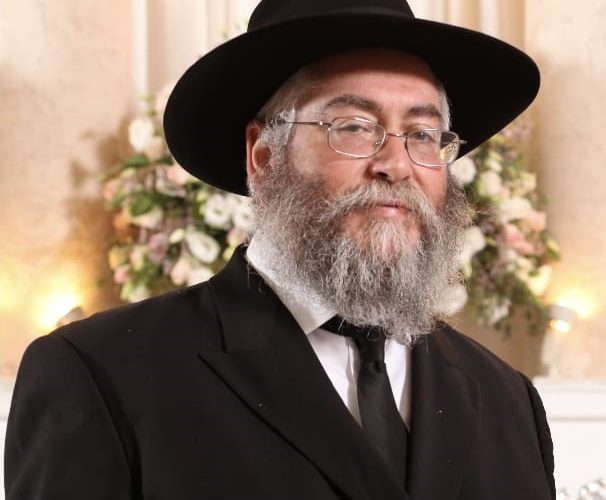Poland – New Relationship With Jewish Community

What can you tell us about the relationship between the European Union and Israel?
Marek Grela: I have been living in Brussels for five years and in the course of my work as EU representative or my new position in the European Committee, particularly with the Israeli EU representative, Oded Aran. I had to deal with various topics: Israel, Poland and European integration. First I saw it as my duty to strengthen the relationship between the EU and Israel. Sometimes I can say this was positive and the EU was sometimes very active in Israeli politics. When we look at the US role in the Middle East and the peace process, the general consensus is that the EU is exaggerating its capabilities in the area. Actually he EU can have a direct and positive influence in issues such as policy and security in the Middle East.
I refer not only to Israel but the whole history of European Jewry. Nobody can deny the Jewish presence in Europe; it can be felt in north, south, east and west Europe. All recent European history is characterised by the Holocaust, and Israel’s opinion in this situation is very important. From my last four months in the European Committee, I can say the EU is becoming more involved in the policies and politics of the Middle East – and not only matters concerning Israel and the Palestinians. The Committee’s believes countries such as Iraq, Iran or Syria will cause local problems and global instability. There is not one committee meeting, formal or otherwise, where the topic of the Middle East does not arise. I must point out the current Polish Foreign Minister, Anna Fotyga strongly supports the legitimate interests of Israel. Following the dramatic development of our history, we can sympathise with Israel in its struggle for survival. Israel cooperates with the EU in many areas, especially in the area of trade and science technology where large-scale cooperation exists between the two parties.
Geographically, the extension of the EU in 2004 brought Israel closer to Europe. Furthermore within the EU, increasing significance is being attached to topics connected to the Mediterranean. But it is the extension towards the east that has brought Israel closer to the EU on a political as well as geographic level. One can feel a strong influence of the Jewish presence in these countries of Eastern and Central Europe. The values which Jews projected throughout European history were not just economical but a central thrust of Jewish culture is connected to democracy, tolerance and respect towards other cultures.
How do you explain the lack of political stability in most of the countries of Eastern and Central Europe integrated into the EU in 2004?
The Polish government has taken a significant political step. President Kosinski recently visited Israel and the authorities issued clear public statements. Today we see a test of democracy: if democratic values are strong amongst the population, then democratic tools and institutions will be very effective. But if democratic values are weak, then populist movements will flourish. To understand what is happening today, we have to take many factors into account; there is a crisis of change brought about by implementing reforms. When you make changes, you create winners and losers. The losers who lost most from these reforms feel rejected and frustrated. The picture is far more complicated than it appears to outsiders.
How can you describe the relationship between the Polish authorities and the local Jewish community?
Following the fall of the Berlin Wall in 1989, not only have we built anew our relationship with the rest of the world and especially with Israel but above all we have learnt to appreciate our history. This change has occurred not only with the older generation, but especially among the Polish youth. Today Jews are recognised not only for their presence but also for their past contribution to the country. Every country has a bright and dark side to its history. All I can say is, the Polish authorities are very courageous in the way they deal with the dark side of their history. The Memorial Day for Yodvena (which commemorates the pogrom in the year 1941 in the town of Yodvena by the Poles) is just one example of this courage.
The confidence of Israel in Poland and its Jewish community reflects our readiness to confront past problems honestly. The past is important – but so is the future! For conscience sake of young Poles, it is essential to understand history and to understand the “other”. There is nothing worse than to bypass the past without discussing it openly. Democracy has given Poland the chance to build a relationship with its Jewish community on fresh solid foundations. We cannot pretend to have European values and at the same time have to cope with anti-Semitism. Anti-Semitism is a disease that must be healed. We in particular recognise this from our history.
Can you tell us something on this topic from your personal experience?
I come from Krakow and I must say I am impressed by the Polish youths who visit Kasimir (the Jewish ghetto) where they have renovated synagogues and Jewish buildings. There one can listen to Jewish festival music and they show interest in Jewish cultural monuments. Again, on the topic of anti-Semitism, I just think it is a type of disease. I mention it again, not to exaggerate the problem, but because I want to stress it is a noticeable problem.
What about your personal experience with the Rabbinical Centre of Europe?
During my past few years in Brussels, I was involved in a number of events organised by the Rabbinical Centre of Europe (RCE); from the European capital I followed the activities of this organisation. This gave me the opportunity to meet several Rabbis and discuss various topics, such as the preservation of cemeteries in Europe, which is a very important subject: the memory of those who have passed away sharpens and defines our self-respect. I took part in a discussion on this topic organised by a number of representatives in 2005. From my part, I try to build contacts and inform local authorities of the need to revive the Jewish community in Poland.
The main thing that caught my interest was how the RCE organises very varied programmes in different areas. They do not concentrate only on matters of history (such as the 60th anniversary of Auschwitz’s liberation), tradition, religion and social matters but also take part in discussions on current political matters of the European Union. I respect them for their initiative.
What advice would you offer your successor?
I would advise my successor to continue what we began these last few years. Let us remember the most important point is not merely to continue those projects and initiatives – but also to progress! Poland has to become a power! My successor has to involve Poland in EU policies towards Jews.


